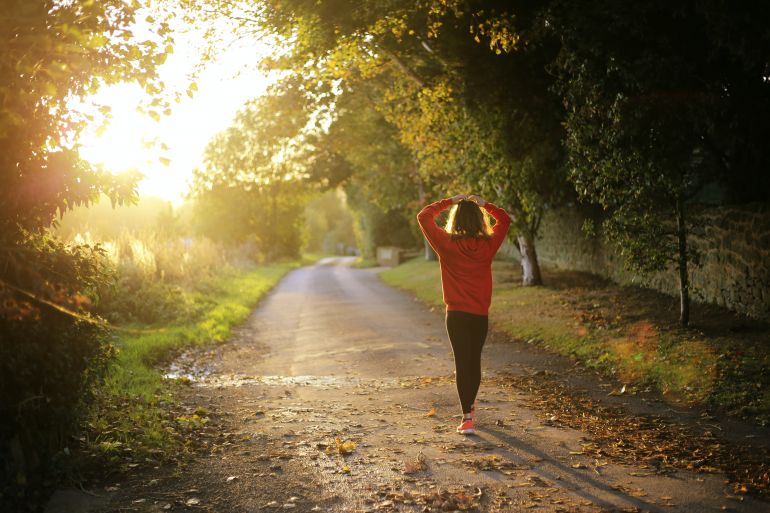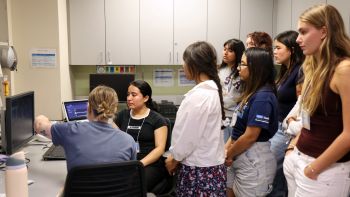For many college students across the country, it can be easy for every day to feel really, really busy. Between preparing for graduation, keeping up with schoolwork, having an internship, thinking about where I want to live in the future, and pandemic-concerns, it feels like I don’t always have the time to prioritize myself and my mental health. In the past, I relied on fall, winter, and spring breaks to at least eliminate the school component of my busy days and free up some of my time, but many colleges and universities, including Vanderbilt, have canceled those breaks due to concerns about COVID-19. While these changes are understandable, it can be hard to avoid feeling burnt out with all of my responsibilities, especially when paired with general anxiety/fear/worry of what my life will look like after graduation. Luckily, my campus, along with campuses all over the country, are implementing Wellness Days into their school schedules in order to compensate for those lost breaks.
Wellness Days (also referred to as Reading Days) are dispersed throughout the semester in order to provide students with a brief “break” from school. At Vanderbilt, a Wellness Day is typically one where the professors are not allowed to assign students tests or quizzes. At other schools however, a Wellness Day may be one where you get the whole day off, or you have assigned “relaxation” activities to do. Although the characteristics of these days differ amongst colleges and universities, they all share a similar purpose: to provide people with the time and opportunity to look after themselves.
Having these opportunities is important during the pandemic, when mental health issues including anxiety and depression seem to have increased for many adolescents. But, mental health is something that should always be prioritized, especially during adolescence, when our developing brains may be especially sensitive to the effects of stress. Without this prioritization, we (myself included) could face serious consequences such as feelings of exhaustion, anxiety, depression, and more.
One major component of self care that I have been focusing on to improve my mental health is sleep, and I have been trying to stick with a consistent schedule and making sure I get enough of it each night. Studies show that sleep is strongly linked to both physical and mental health during adolescence. While not getting enough sleep is associated with depression and anxiety and increases emotional reactivity and impulsivity, high-quality sleep (at least 8 hours with minimal awakenings) can reduce depressive symptoms, even for adolescents experiencing other stressors.
While I’m not always perfect when it comes to sleep, I do notice a heap of benefits after a good night’s rest, such as more energy throughout the day and being in a better mood overall. With the inclusion of Wellness Days, I can spend more time being mindful of my sleep schedule and less time stressing over a test I’ll have the next day, or a tough assignment that’s due (both of which keep me up at night).
Additionally, my professor mentioned to my class that she loves Wellness Days just as much as we do because when she has the chance to take care of herself, she can better show up for all of us. In saying that, she taught us that one of the ways that parents, professors, and adults overall can better support adolescents is by taking care of themselves. Wellness Days are important not only because they give students the time and space for self-care, but because they give professors, faculty, and staff the time and space they need for their mental health as well.
Ultimately, these Wellness Days are something that I will continue to participate in even when things go back to “normal,” and I hope it is something that colleges and universities continue to implement. Life in a pandemic is unorthodox and stressful, and it is absolutely necessary to make adjustments, but life when this is “over” will still be unorthodox and stressful, packed with significant life events and overall responsibilities. Wellness Days are a wonderful opportunity to engage in self care and check on our mental health, both of which will ultimately allow us all to show up for one another (and ourselves) to the best of our ability.



